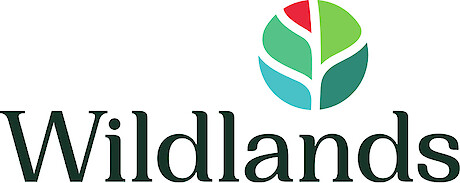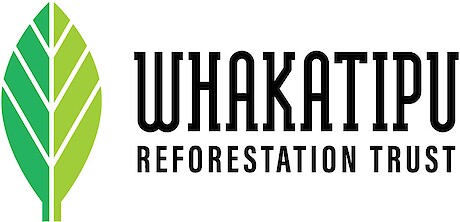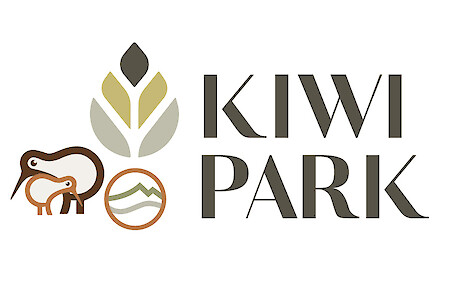We at NZPCN are pleased to acknowledge the sponsorship and support given by the following organisations and businesses to help us run the 2022 conference in Queenstown:
Principal sponsors
Wildland Consultants

Wildland Consultants is a progressive ecological consultancy committed to providing high quality ecological information, advice and technical services to a wide range of clients. Wildlands is a consistent supporter of NZPCN conferences in the past and currently co-sponsor of our website.
Manaaki Whenua-Landcare Research

Manaaki Whenua-Landcare Research is New Zealand’s Crown Research Institute (CRI) for our land environment. Our scientists undertake world-class science focused on New Zealand’s biodiversity, biosecurity, land resources and environment. We work with other Crown Research Institutes, universities, businesses and the wider science system to create impactful, relevant and useful research.
e3Scientific

e3Scientific is a New Zealand owned and operated environmental science consultancy. Our team deliver technically excellent, innovative science; practical intelligent solutions; and expert advice to assist our clients in the smart management of resources.
RealNZ

RealNZ’s story began in 1954 when Les and Olive Hutchins started taking visitors into unexplored Doubtful Sound. Over 65 years on, we continue their dream of sharing the spectacular wilderness with visitors. We understand what a privilege it is to operate in this special part of New Zealand and we take our responsibility to protect and preserve these special places seriously.
Queenstown Lakes District Council

Queenstown Lakes District Council is the local governing body of Queenstown Lakes District. Our Vision Beyond 2050 includes the vision statement “deafening dawn chorus | waraki” where our ecosystems flourish and are predator-free under our kaitiakitanga. We are proud to support the NZPCN Biennial conference here in Queenstown.
Conference session sponsors
Ahikā

Ahikā is a Māori concept relating to sustaining the fire and keeping the home fires burning. For us, it means sustaining and enhancing our place and our communities. By working together, we shape places where nature and communities thrive forever. We bring vision and leadership to every stage of our projects and with our skilled team’s multi-disciplinary approach, we will uncover the richness in your project. Ahikā is pleased to support the Iwi/hapū led restoration processes and case-studies session as there are very exciting restoration projects with Māori kaupapa that add additional perspectives to other restoration projects.
Workshop sponsors
NZSki Ltd

NZSki Ltd manages three major New Zealand commercial ski fields. The company is based in Queenstown and has been involved in restoration and transplanting of alpine plant communities following land modification, some of which will be visited during the Mountains field trip. NZSki is sponsoring the two plant identification workshops (Sedges and Grasses).
Whakatipu Reforestation Trust

The Whakatipu Reforestation Trust is a community nursery in Queenstown with the vison ‘to protect and restore the native biodiversity of the Whakatipu Basin through revegetation projects, collaboration, education and advocacy and restore the native biodiversity of the Whakatipu Basin through revegetation’. WFT is offering the nursery site as the venue for the Introduction to Native Plant Propagation and Starting Your Own Community Nursery workshops.
Kiwi Park

Kiwi Park is a wildlife sanctuary found in the heart of Queenstown which holds and displays over 20 species of native NZ wildlife in a 5 acre park, all of which are part of nationally managed conservation programmes. Visitors are able to see native species in a safe setting where they can learn about their uniqueness and visitor entry fees are used to support conservation work. Kiwi Park is providing the venue for two workshops, Lichens and Botanising with iNaturalist and workshop participants have a day pass to the wildlife park during these workshops.
Sherwood Hotel

Sherwood is an eco-friendly hotel with an on-site restaurant and bar. The property is set on a hillside overlooking the picturesque Lake Wakatipu and the Remarkables Mountain Range. This unique property offers a tranquil retreat with a bicycle track and a vegetable garden. Sherwood is offering the venue for the Botanical Illustration workshop.
